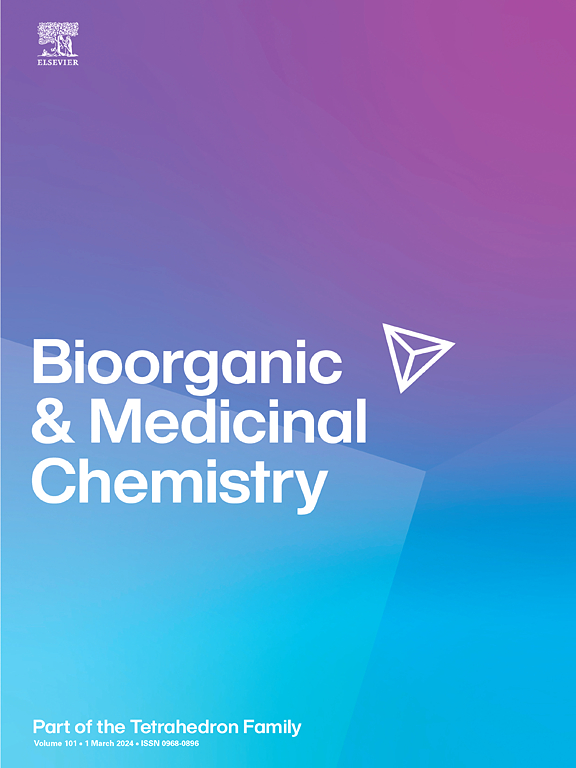A clinical review on third and fourth generation EGFR tyrosine kinase inhibitors for the treatment of non-small cell lung cancer
IF 3.3
3区 医学
Q2 BIOCHEMISTRY & MOLECULAR BIOLOGY
引用次数: 0
Abstract
“Epidermal growth factor receptor (EGFR)” mutations are pivotal in the pathogenesis of “Non-Small Cell Lung Cancer (NSCLC),” which is associated with high morbidity and mortality rates. The advent of third and fourth-generation EGFR tyrosine kinase inhibitors (TKIs) has significantly advanced the therapeutic landscape for EGFR-mutant NSCLC, particularly in overcoming resistance mutations such as T790M and C797S. This review delves into the current clinical status, efficacy, safety profiles, and regulatory approvals of third-generation EGFR TKIs, including Osimertinib, Lazertinib, Furmonertinib, Aumolertinib, Rezivertinib, Befotertinib, Sunvozertinib. Furthermore, it explores emerging fourth-generation EGFR TKIs designed to address resistance mechanisms beyond those targeted by their predecessors. Notable fourth-generation candidates such as TQB3804, BPI-361175, BDTX-1535, WJ13404, QLH11811, H002, HS-10375, BBT-207, JIN-A02, and HS-10504 are highlighted for their potential to overcome the C797S mutation. The review emphasizes the importance of these advanced inhibitors in enhancing “progression-free survival and overall survival rates”. By evaluating the therapeutic potential and limitations of these EGFR TKIs, this review aims to guide future research in the management of EGFR-mutant NSCLC. This acts as guiding beacon for the strategic design and development of third and fourth generation EGFR-TK inhibitors to overcome the drug resistance hurdles in the development of EGFR-TK inhibitors.

求助全文
约1分钟内获得全文
求助全文
来源期刊

Bioorganic & Medicinal Chemistry
医学-生化与分子生物学
CiteScore
6.80
自引率
2.90%
发文量
413
审稿时长
17 days
期刊介绍:
Bioorganic & Medicinal Chemistry provides an international forum for the publication of full original research papers and critical reviews on molecular interactions in key biological targets such as receptors, channels, enzymes, nucleotides, lipids and saccharides.
The aim of the journal is to promote a better understanding at the molecular level of life processes, and living organisms, as well as the interaction of these with chemical agents. A special feature will be that colour illustrations will be reproduced at no charge to the author, provided that the Editor agrees that colour is essential to the information content of the illustration in question.
 求助内容:
求助内容: 应助结果提醒方式:
应助结果提醒方式:


